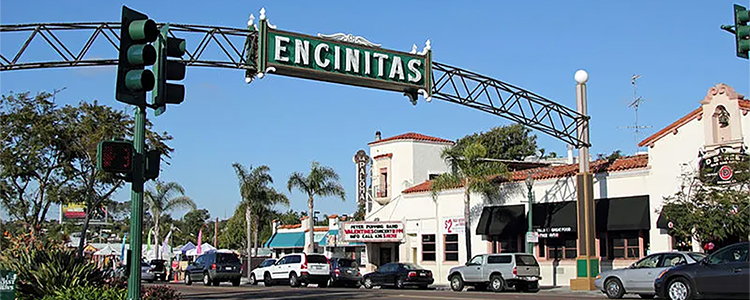Short-term rental operators in Encinitas will pay more for permits starting January 2022
- Jan 4, 2022 | Jennifer Sokolowsky

New rules for short-term rental owners in Encinitas, California, will go into effect on January 7, 2022.
The City Council approved amendments to the existing short-term rental law on December 8, 2021. These address common complaints related to short-term rentals, including neighborhood disruption, occupancy limits, parking and garbage issues, and traffic congestion. The regulations also define various short-term rental terms, add permit application and operating requirements, and clarify enforcement.
A separate ordinance adopted November 17, 2021, raises the cost of an annual short-term rental permit from $150 to $425, which will cover 80% of the city’s costs.
Existing vacation rental permit holders will have 90 days from the effective date of the changes to comply with the new rules. They’ll need to pay the increased permit fee when they next renew their short-term rental permit.
The city’s existing short-term rental law, passed in 2006, required vacation rental operators to obtain a short-term rental permit in order to rent out their property for short terms, while the new rules require the permits for anyone offering to rent or advertising a rental as well.
The amendments also require vacation rental owners to have short-term rental liability coverage of at least $1 million and respond to any complaints within an hour. Short-term rentals are only allowed in single-family or duplex units, with the new measure clarifying that these properties must be privately owned. The new rules also impose a three-night minimum for guests at non-hosted short-term rental properties, which does not apply to hosted vacation rentals.
Under the new amendments, a “hosted unit” is defined as “a short-term rental whereby the property owner remains on-site during the short-term rental period (except during daytime and/or working hours) and resides on-site or on a property immediately adjacent to the short-term rental unit property.”
A “non-hosted unit” is defined as a “short-term rental whereby the property owner does not remain or reside on-site or on a property immediately adjacent to the short-term rental unit property during the short-term rental period.”
Short-term rental operators have also been responsible for transient occupancy tax (TOT) compliance since 2009. They must register for TOT with the city Finance Department, charge guests the tax, collect it from them, and remit tax revenues to the city in quarterly TOT returns. The city does not accept online payments or returns, so operators must submit these by mail, in person, or via fax.
While Airbnb and Vrbo automatically collect short-term rental lodging taxes for their listings in other California cities, neither marketplace collects taxes on behalf of hosts in Encinitas. If a short-term rental platform does not collect TOT on behalf of its hosts, hosts are responsible for TOT compliance.
MyLodgeTax can help California vacation rental hosts automate and simplify tax compliance. For more on lodging taxes in California, see our state Vacation Rental Tax Guide. If you have tax questions related to vacation rental properties, drop us a line and we’ll get back to you with answers.











